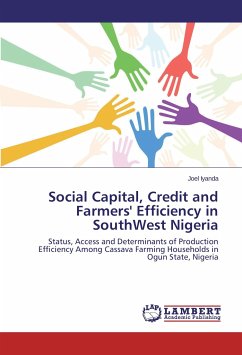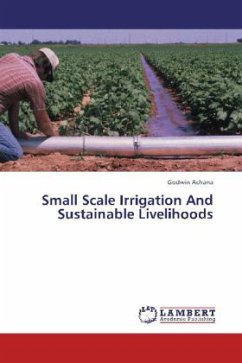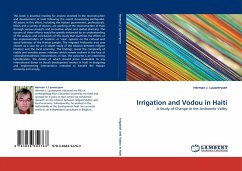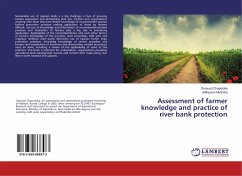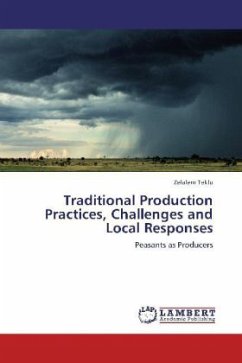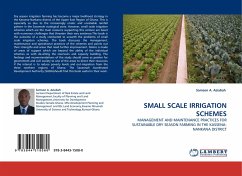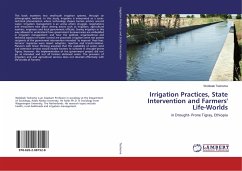
Irrigation Practices, State Intervention and Farmers' Life-Worlds
in Drought- Prone Tigray, Ethiopia
Versandkostenfrei!
Versandfertig in 6-10 Tagen
46,99 €
inkl. MwSt.

PAYBACK Punkte
23 °P sammeln!
This book examines two small-scale irrigation systems, through an ethnographic method. In this study, irrigation is interpreted as a socio-technical phenomenon where technology shapes human actions around water. Irrigation management is an arena where struggle, negotiations and encounters take place among actors such as irrigators, agricultural workers, engineers and local government officials. Seeing irrigation in this way allowed to understand how government bureaucracies are embedded in irrigation management; and how the political, organizational and technical aspects of water control are p...
This book examines two small-scale irrigation systems, through an ethnographic method. In this study, irrigation is interpreted as a socio-technical phenomenon where technology shapes human actions around water. Irrigation management is an arena where struggle, negotiations and encounters take place among actors such as irrigators, agricultural workers, engineers and local government officials. Seeing irrigation in this way allowed to understand how government bureaucracies are embedded in irrigation management; and how the political, organizational and technical aspects of water control are practiced. Irrigators were not passive recipients of the government intervention intended 'to improve' their lives. Farmers' responses were mixed: adoption, rejection and transformation. Planners with linear thinking assumed that the availability of water, land and extension services would enable farmers to cultivate in drought-prone Tigray. However, the implementation of the government project did not go as intended and not all farmers obtained water. The provision of irrigation and and agricultural services does not dovetail effectively with life-worlds of farmers.



